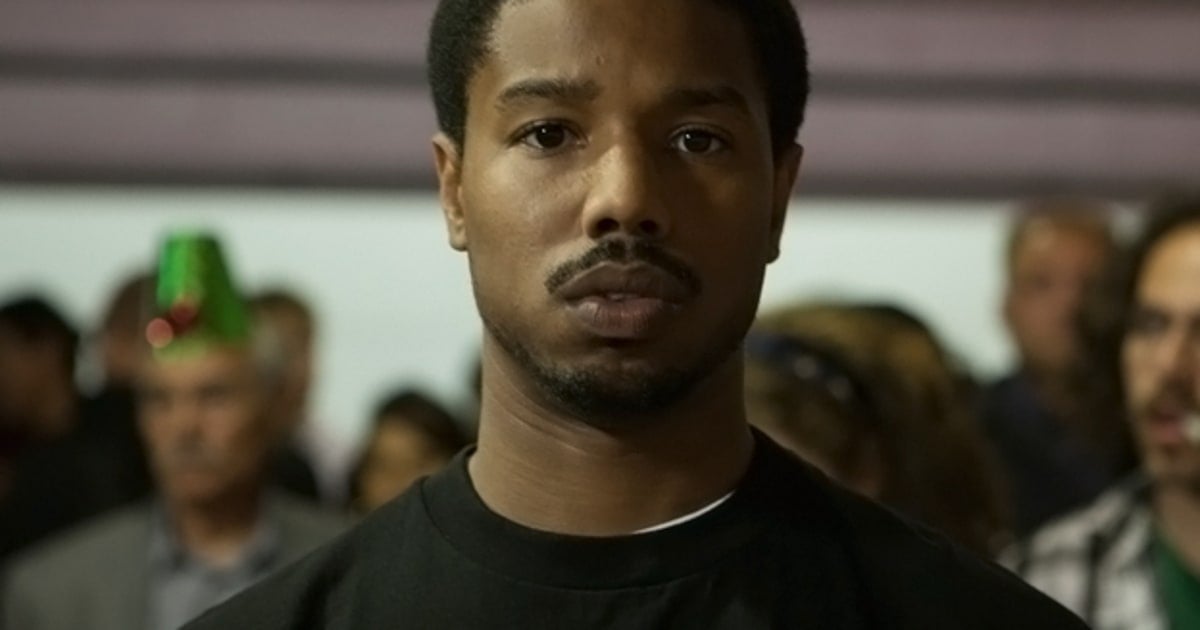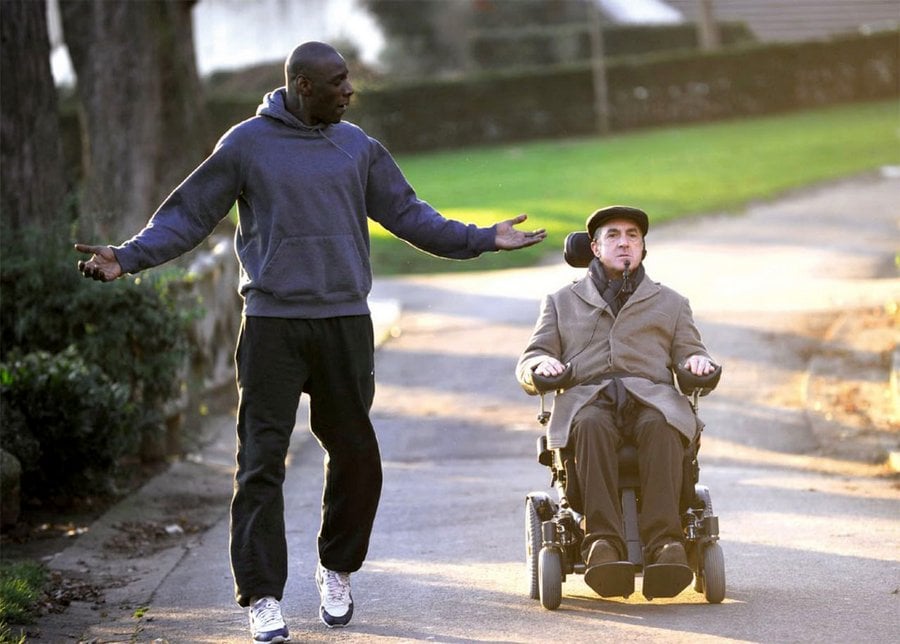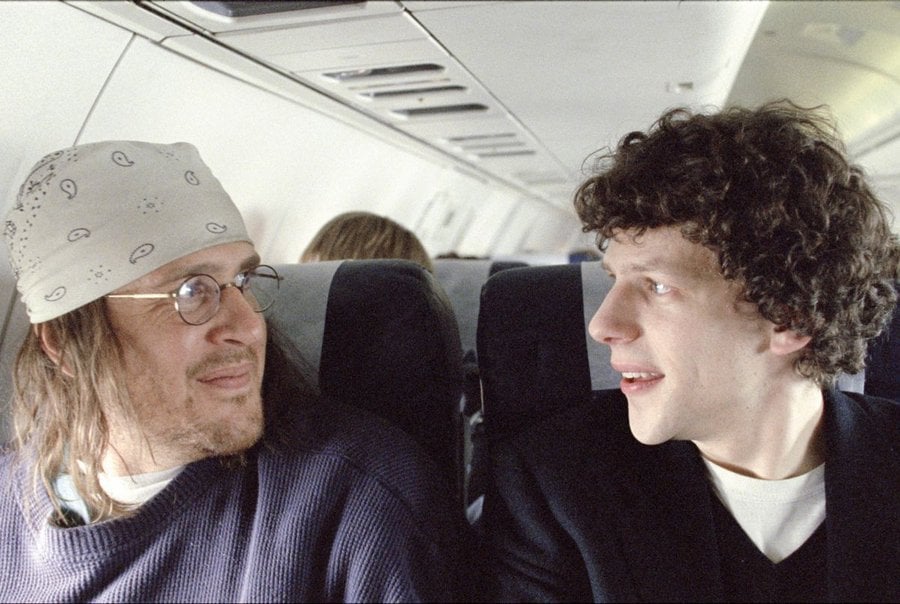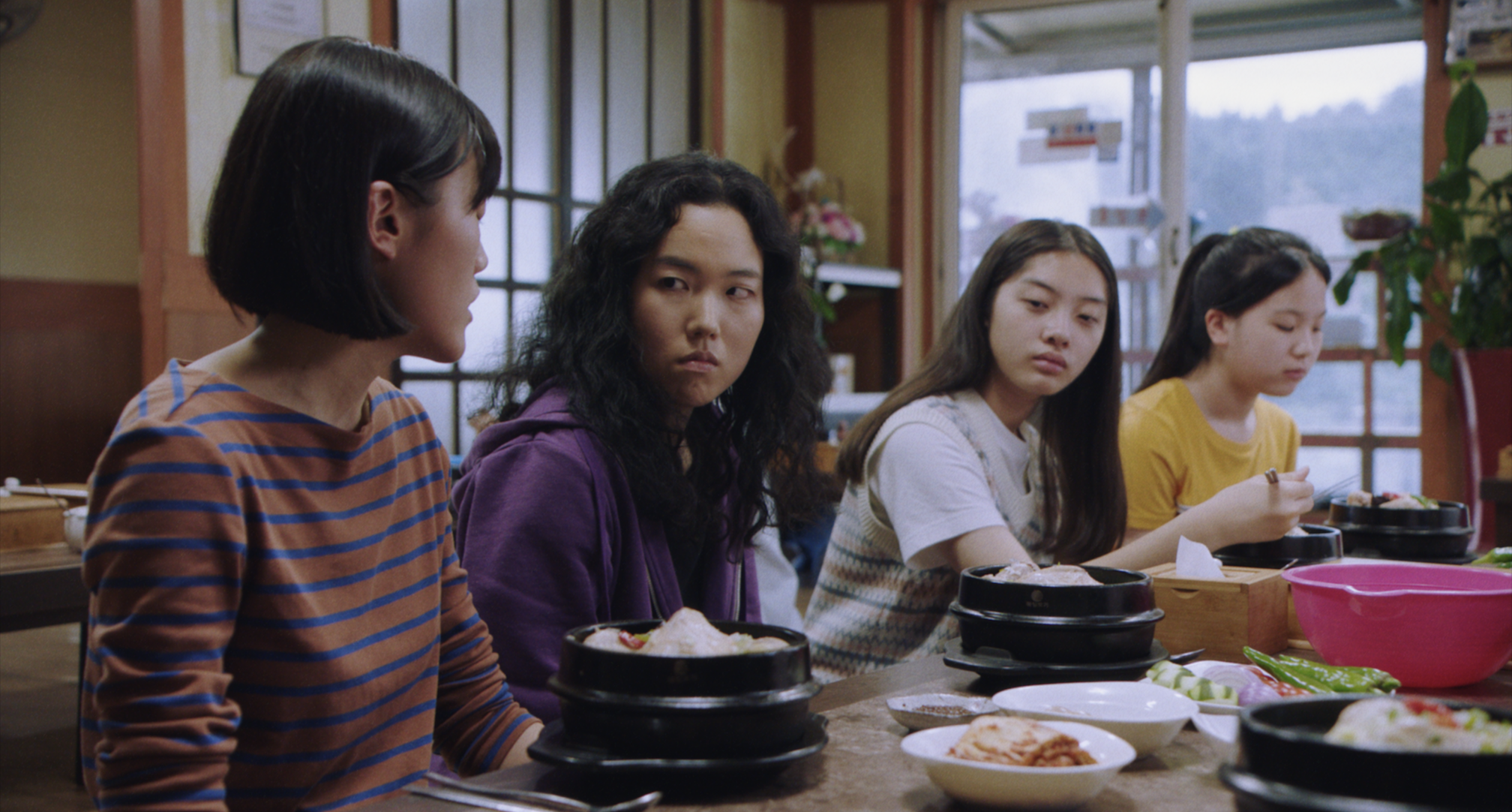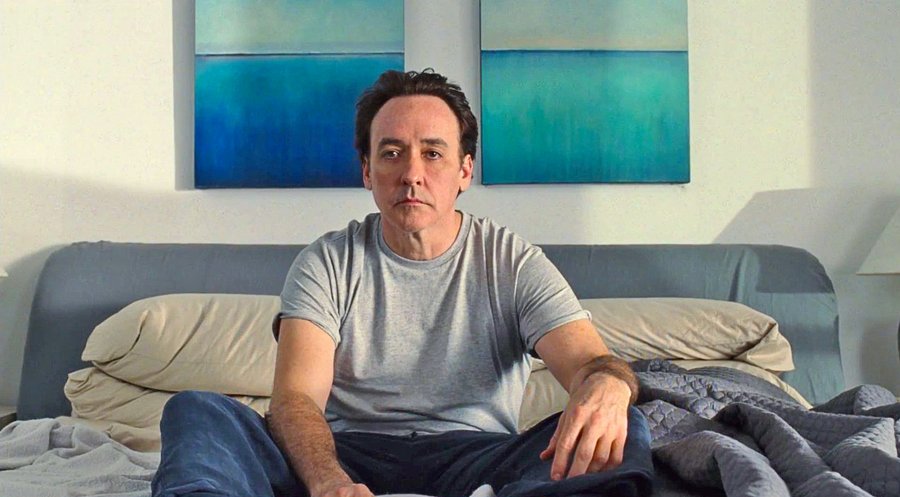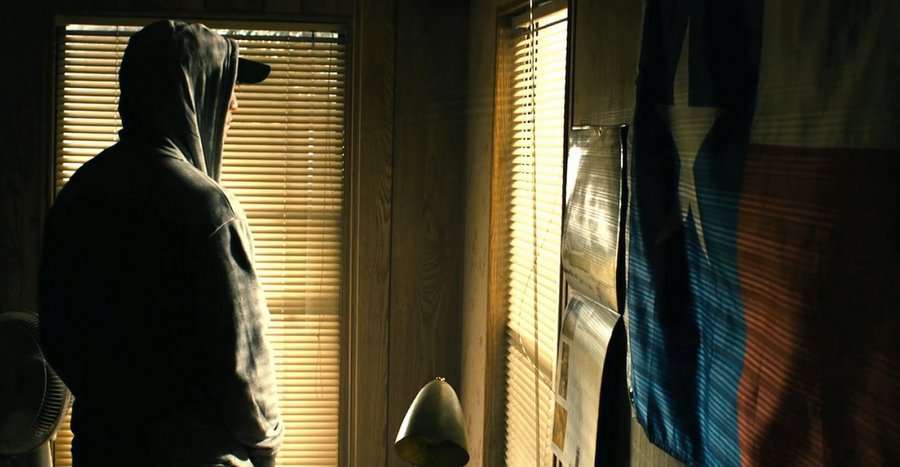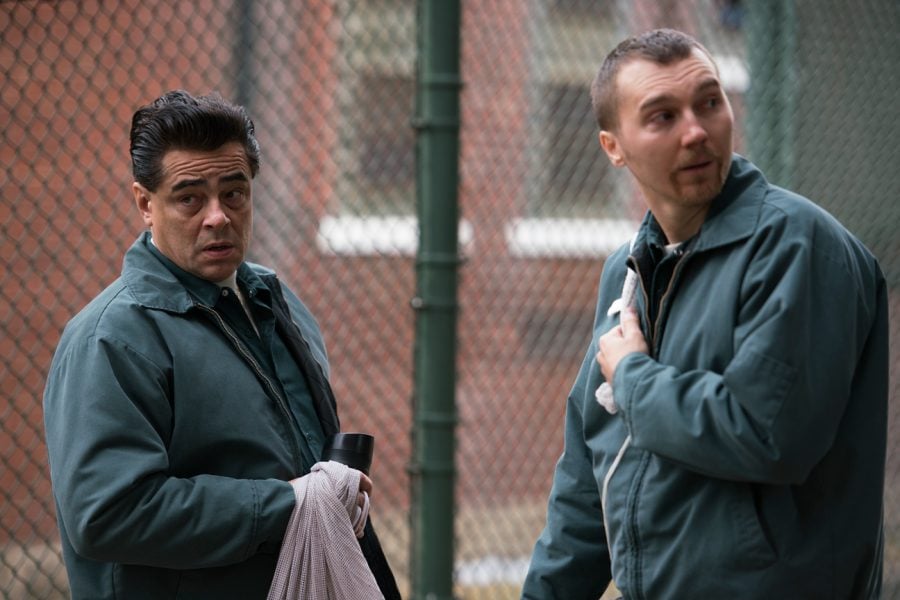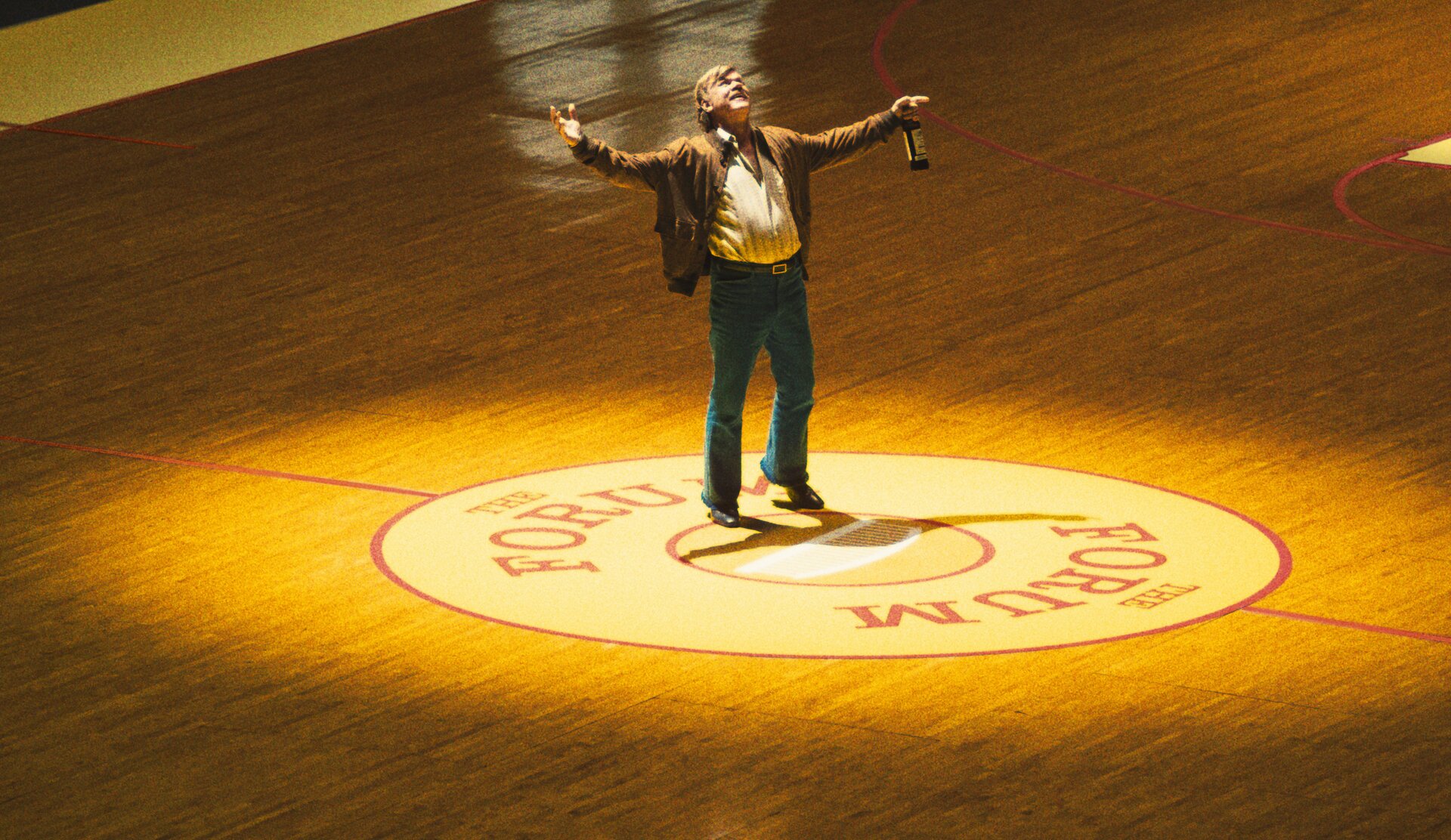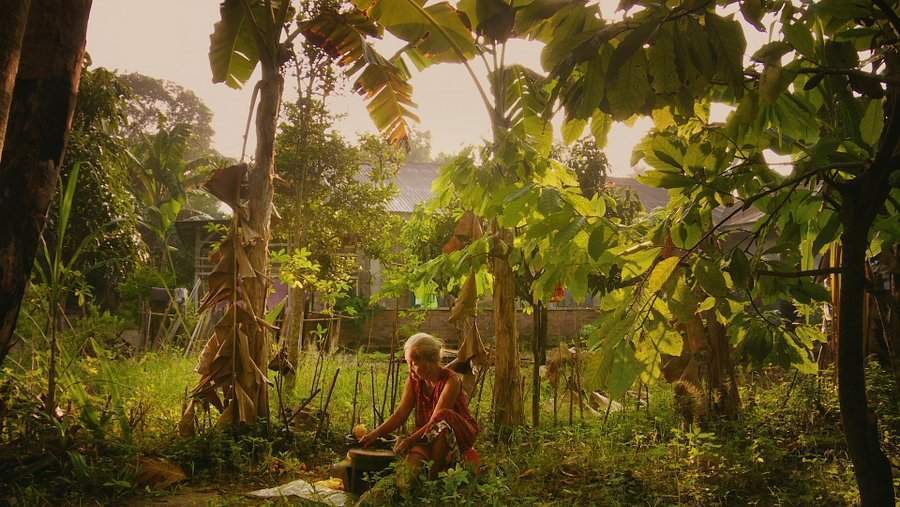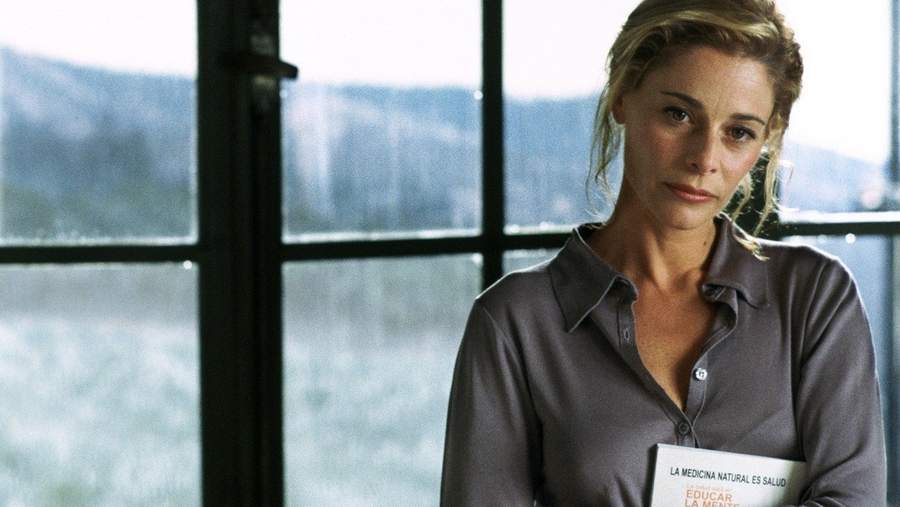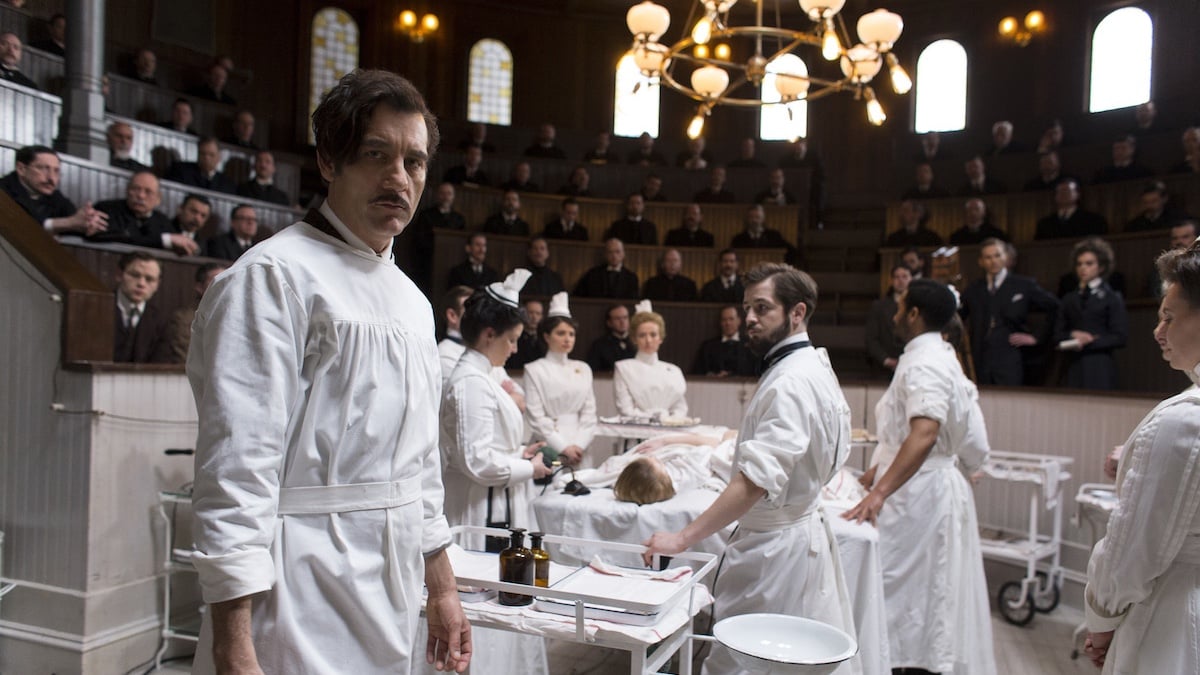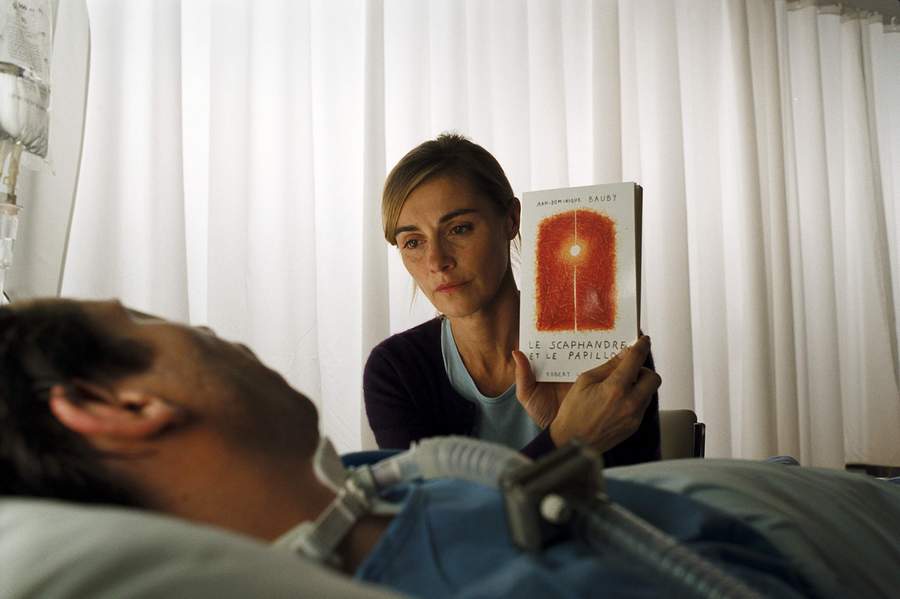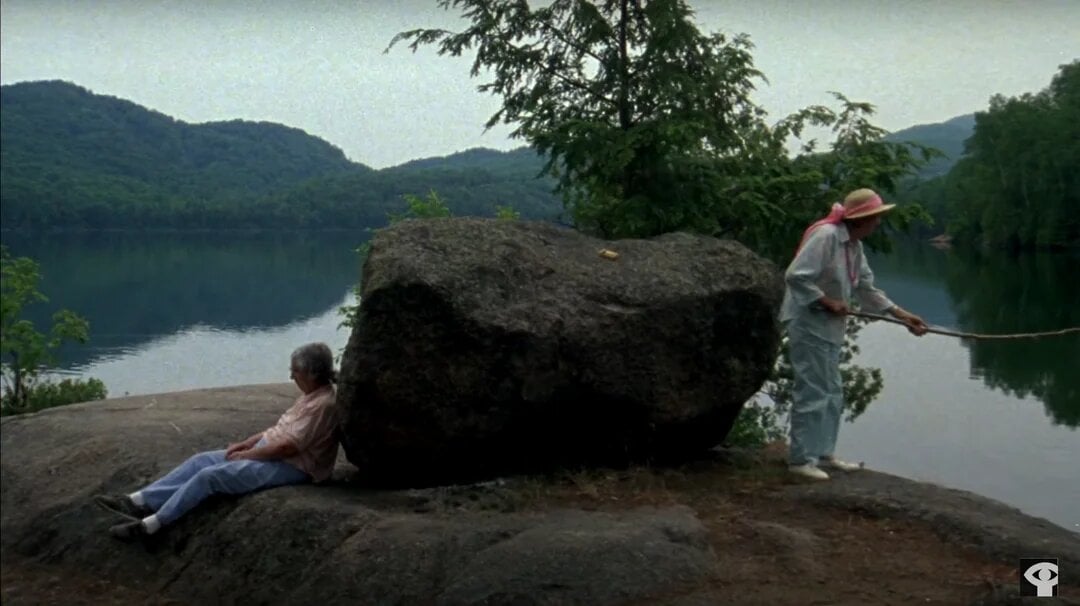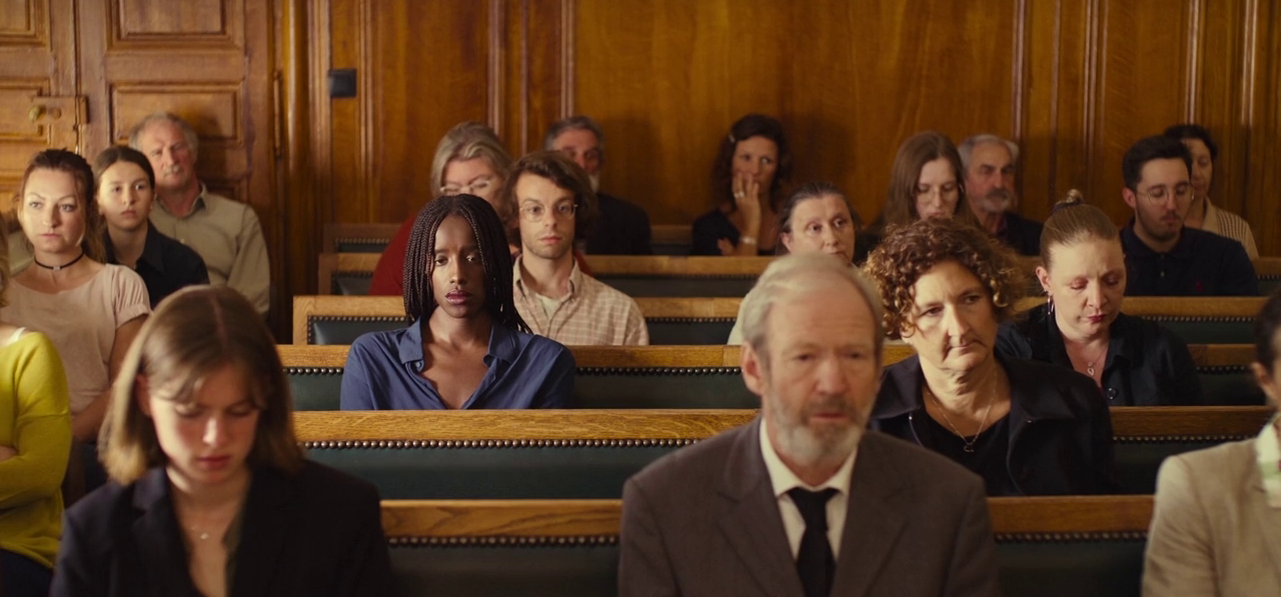This is the true story of Oscar Grant III, a 22-year-old Black man in Oakland, California, who was shot dead by police in the morning hours of New Year’s Day 2009. Incidentally, 2009 was also the time when smartphones started going mainstream, and so the incident was not only captured by CCTV but also many private cell phone cameras. The murder went viral.
Grant is superbly played by Michael B. Jordan in what now counts as one of his breakthrough roles, when many only knew him as Wallace in the now-legendary crime drama The Wire. Director Ryan Coogler went on making two more movies with him, including Black Panther in 2018.
Produced by Academy Award winner Forest Whitaker and compassionately told, Fruitvale Station surpasses the sadness of its subject matter and amounts to an extraordinary celebration of life. A must-watch.
Genre: Drama
Actor: Ahna O'Reilly, Alessandro Garcia, Ariana Neal, Caroline Lesley, Chad Michael Murray, Chris Riedell, Christina Elmore, Denzel Worthington, Destiny Ekwueme, Joey Oglesby, John Burke, Jonez Cain, Keenan Coogler, Kevin Durand, Laurel Moglen, Liisa Cohen, Maleah Nipay-Padilla, Melonie Diaz, Michael B. Jordan, Nicole Maxali, Noah Staggs, Noah Zavala, Octavia Spencer, Robert Ajlouny, Ruben Rivera, Ryan Coogler, Tamera Tomakili, Trestin George, William Armando
Director: Ryan Coogler

